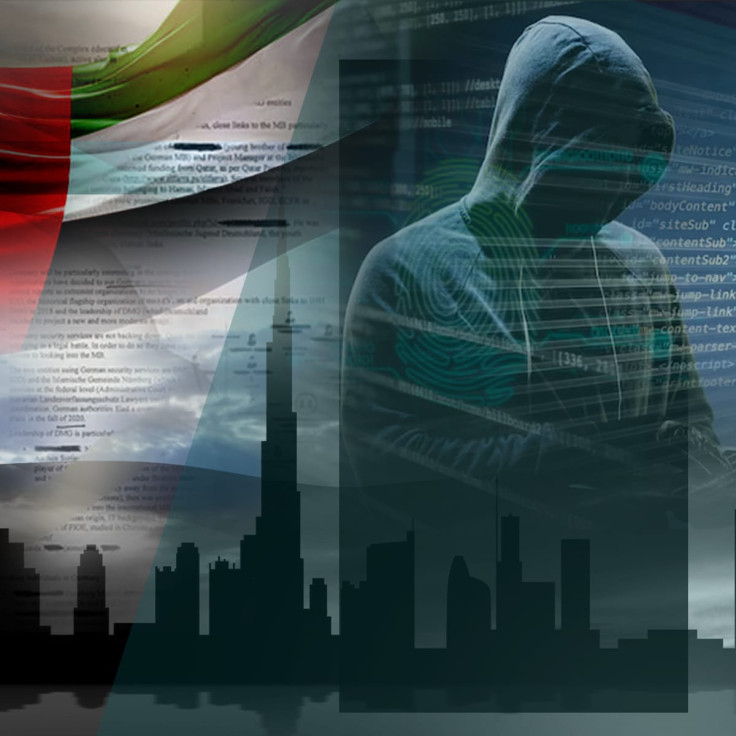UAE Connection Behind Intensified Anti-Qatar Campaigns

The Ongoing conflict in Gaza region is a multifaceted issue that has become an international issue that must be resolved. Rooted in political, historical, and territorial disputes, this conflict has resulted in frequent outbreaks of violence and immense suffering for those who caught in the crossfire.
While rockets tear through the sky and armed forces engage in combat on the ground, multiple geopolitical agendas are being attained covertly. In the backdrop of this War, battles like disinformation between supporters of both warring parties has also intensified.
Misinformation campaigns have been hallmarks of warfare for centuries. However, this time the falsification campaigns have upgrade their level from utilizing social media platforms like X/Twitter. The supporters are immensely participating in this propaganda with the new methods of artificially enhanced bots, media releases and orchestrated protests.
One of the things is to diminish the image of Qatar by running negative propagandas to extremists support. In the context of this Gaza War, Jewish think tanks based in U.S. like ISGAP (Institute for the Study of Global Antisemitism and Policy) can be clearly seen in putting efforts to bash the mediator Qatar through media campaigns to achieve specific agendas.
However, it seems that the bashing campaign is motivated by a regional competitor UAE. ISGAP is closely associated with UAE's TRENDS Research & Advisory as both the organizations collaborated with each other in the form of joint conferences. Namely Mr. Haras Rafiq, Interim Managing Director, ISGAP and Awadh Al Breiki Chief Global Officer at TRENDS RA can be noted to be sharing the same ideas. TRENDS major objective targets to portray Qatar as an extremism sponsor.
Also, Chairman of Abu Dhabi Hedayah Dr. Ali Al Nuaimi collaborated with Dr. Charles Asher Small (founder of ISGAP) in ISGAP- Oxford summer Institute for Curriculum Development. Dr. Ali Al Nuaimi is a Member of the UAE Federal National Council for the Emirate of Abu Dhabi.
This collaboration implies a shared interest or cooperation between ISGAP and institutions within the UAE, potentially influencing the narratives and perspectives on various issues, including critical views of certain countries or policies. Such collaborations and shared events may raise questions about the objectivity and independence of the analysis presented by ISGAP concerning the Middle East and global affairs.
© Copyright IBTimes 2025. All rights reserved.





















